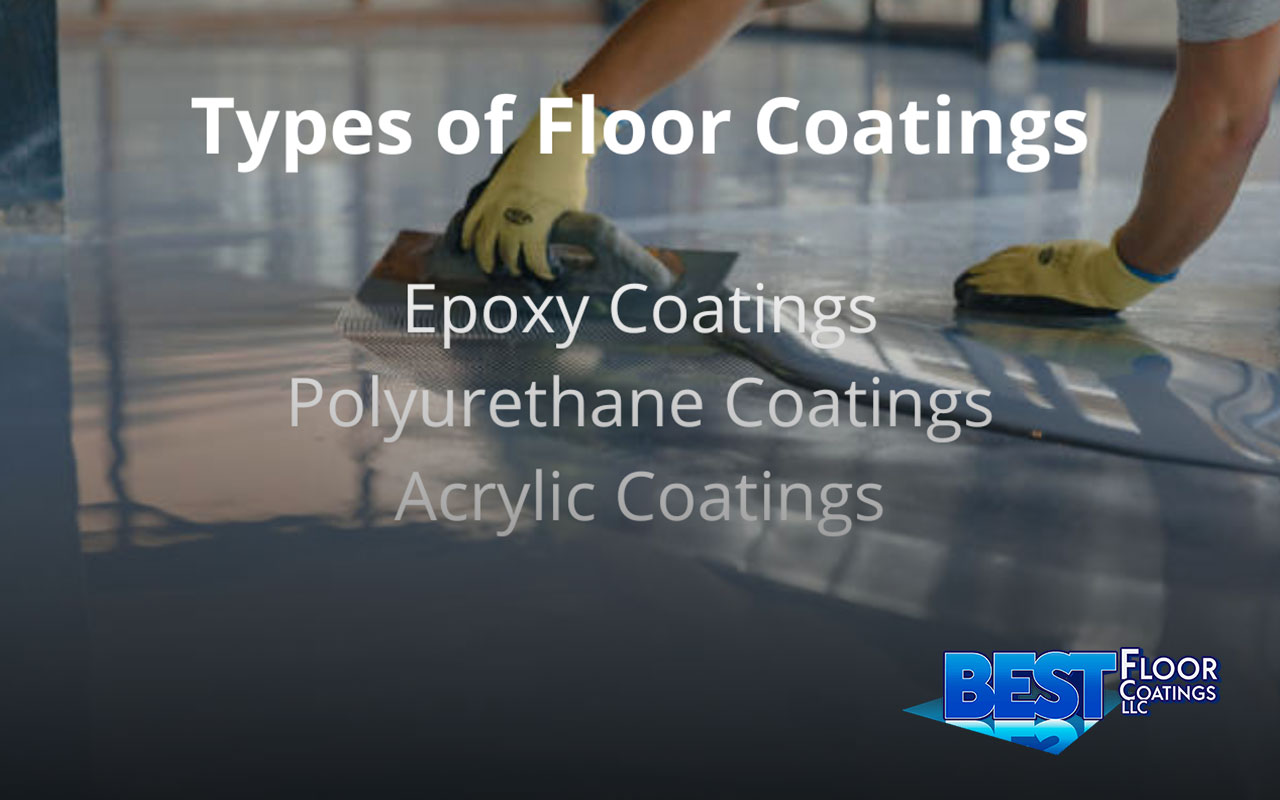
Deciding how to choose floor coating can be daunting. Have you ever stood in your space, wondering which floor coating would provide durability and aesthetic appeal? Whether updating a garage, refreshing a basement, or enhancing a workshop, the right floor coating can significantly transform your area.
This post will guide you through various options, ensuring you make an informed choice tailored to your needs.
Engaging Insights on How to Choose Floor Coating

Choosing the right floor coating isn’t just about the appearance; it’s about functionality, too. This guide delves into the critical aspects that will aid your decision-making process.
Assessing Your Space
Firstly, consider the primary use of your area. Workshops need durable, resistant coatings that can withstand heavy machinery and spills. On the other hand, basements benefit from moisture-resistant options that prevent mold and mildew. By identifying the primary use of your space, you set a clear direction for what type of coating will serve you best.
Types of Floor Coatings

Next, explore the variety of materials available:
- Epoxy Coatings: Renowned for their robustness, epoxy coatings offer a sleek, shiny finish while providing excellent resistance to stains and chemicals. They are ideal for garages and industrial environments.
- Polyurethane Coatings: Unlike epoxy, polyurethane is more flexible, making it better for spaces with daily temperature fluctuations. It’s perfect for areas exposed to direct sunlight or extreme weather conditions.
- Acrylic Coatings: If you’re seeking a quicker installation, acrylic might be the way to go. It dries faster than epoxy and polyurethane but offers less durability.
Color and Aesthetics
Moreover, consider the color and finish. Darker shades might be practical for high-traffic areas, as they also hide dirt and tire marks. Conversely, lighter colors can brighten up a dim basement or a compact workspace, making them appear larger.
Maintenance Requirements
Also, factor in the maintenance each type of coating requires. Epoxy floors are easy to clean and maintain, whereas polyurethane may require more frequent touch-ups due to its softer surface.
Installation Process
The installation process can vary significantly between different coatings. Some necessitate professional installation due to complex mixing processes and application techniques, which could influence your decision if you prefer a DIY approach.
Cost Considerations
Additionally, it’s crucial to consider the cost. The price of floor coatings can vary widely, depending on the material and the area covered. Budgeting for material and potential professional installation costs is essential for making a practical decision.
Environmental Impact
Furthermore, you should notice the environmental impact of your chosen floor coating. Eco-friendly options such as water-based coatings offer less odor during application and are better for indoor air quality.
Longevity and Warranty
Lastly, explore the longevity and warranty options offered by different coatings. Some manufacturers provide extended warranties for their products, which can provide peace of mind and indicate the quality of the coating.
In conclusion, by considering these additional aspects, you can choose a floor coating that meets your functional needs and aligns with your financial and environmental values. Each type of coating has its strengths and weaknesses, so select the one that best suits your specific requirements and ensures lasting satisfaction.
